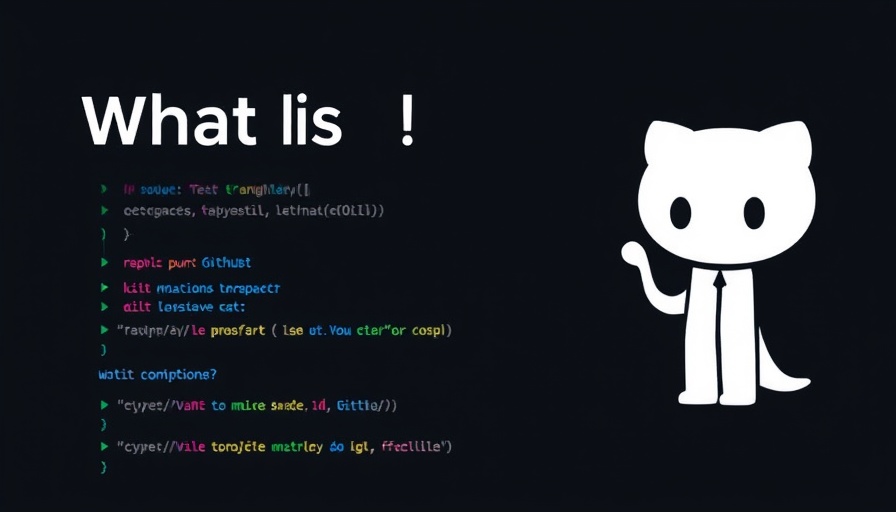
Understanding Employee Attrition Risks in Today’s Workforce
In an increasingly competitive job market, recognizing employee attrition risks is paramount for organizations, especially for marketing professionals who rely heavily on talent to drive creative initiatives and client success. Early detection of employee disengagement can inform work culture improvements and retention strategies.
Historical Context: The Rise of Remote Work
The pandemic has fundamentally altered work dynamics. With remote and hybrid work models becoming the norm, employees often feel more isolated than in traditional office settings. According to a Gallup survey, employee engagement has fluctuated, highlighting critical periods when employers must be vigilant to prevent attrition.
The Employee Experience: Emotional Connect that Matters
For marketing professionals, maintaining a strong emotional connect within teams is essential. Acknowledging workloads and understanding personal challenges can create a supportive environment. Leaders must prioritize open communication and regularly check in with staff to gauge morale and address issues proactively.
Predictive Insights: What Data Tells Us
Utilizing employee analytics can yield invaluable insights into workforce behaviors. For instance, low engagement scores or rising absenteeism rates are often precursors to attrition. Implementing pulse surveys can help marketing teams stay attuned to the feelings of their employees, identifying dissatisfaction before it leads to turnover.
Acting on Feedback: Creating a Culture of Recognition
Once feedback is collected, it’s imperative for management to take visible action. Regularly recognizing employee contributions can improve job satisfaction and build loyalty. Implementing a structured recognition program that celebrates achievements can counteract feelings of undervaluation.
Effective Strategies for Retention
To combat high attrition rates, organizations should consider flexible work arrangements and professional development opportunities. Providing employees with paths to grow within the company can enhance job satisfaction significantly. Marketing teams might benefit from workshops and training sessions that not only elevate skills but also strengthen community within departments.
Conclusion: Stay Alert for Early Warning Signs
Being proactive about employee engagement means regular assessments, transparent communication, and recognizing the signs of burnout. Marketing professionals have a unique opportunity to drive this culture of engagement, ensuring their teams feel valued and motivated.
By being vigilant, organizations can address potential attrition risks before they escalate, securing a stable and enthusiastic workforce.
 Add Row
Add Row  Add
Add 




Write A Comment